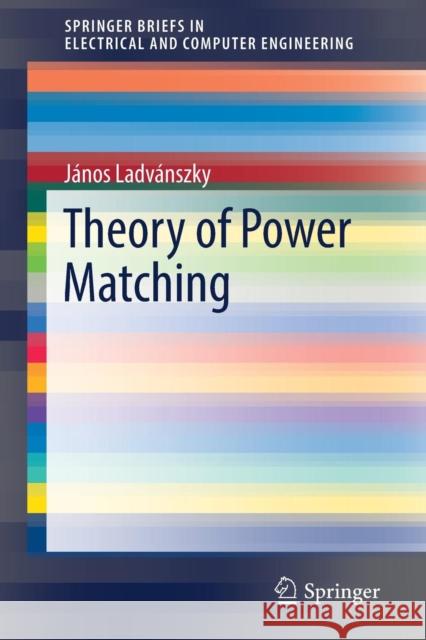Theory of Power Matching » książka
topmenu
Theory of Power Matching
ISBN-13: 9783030166304 / Angielski / Miękka / 2019 / 76 str.
Kategorie:
Kategorie BISAC:
Wydawca:
Springer
Seria wydawnicza:
Język:
Angielski
ISBN-13:
9783030166304
Rok wydania:
2019
Wydanie:
2019
Ilość stron:
76
Waga:
0.14 kg
Wymiary:
23.39 x 15.6 x 0.48
Oprawa:
Miękka
Wolumenów:
01
Dodatkowe informacje:
Wydanie ilustrowane











